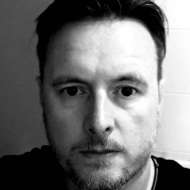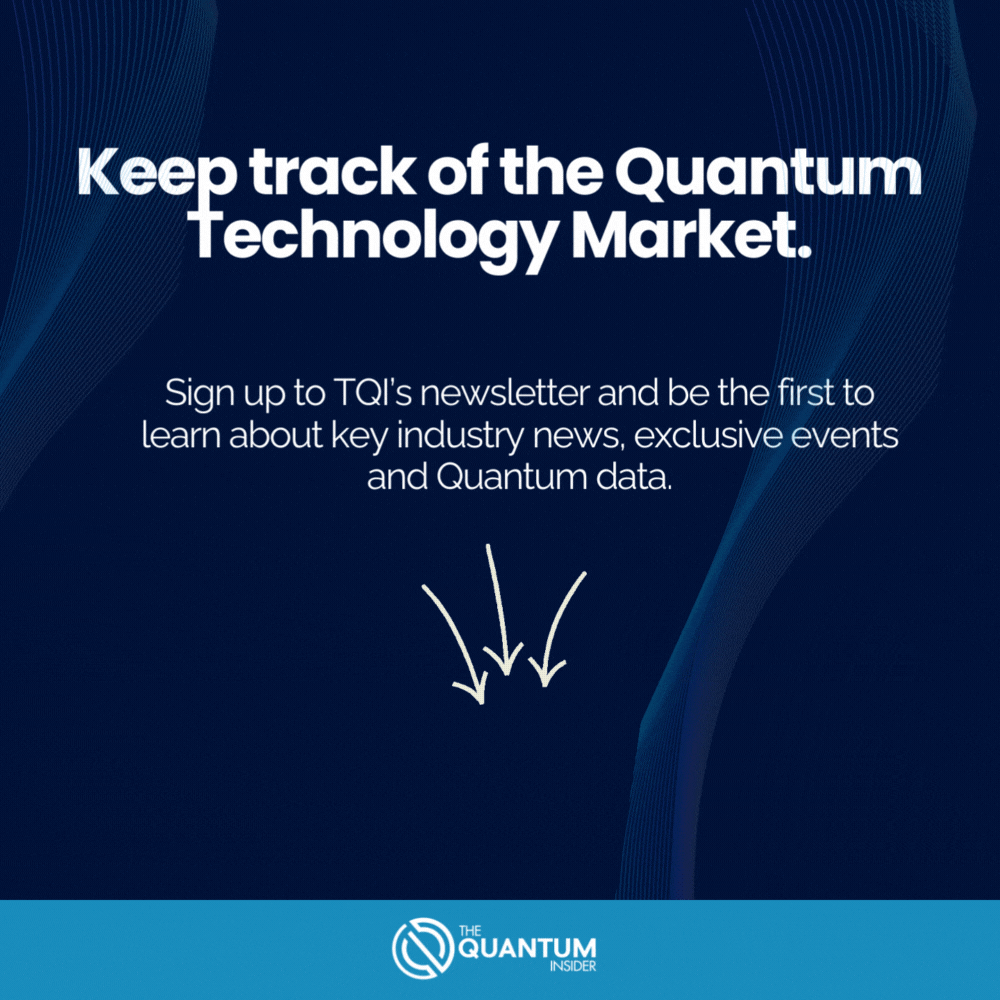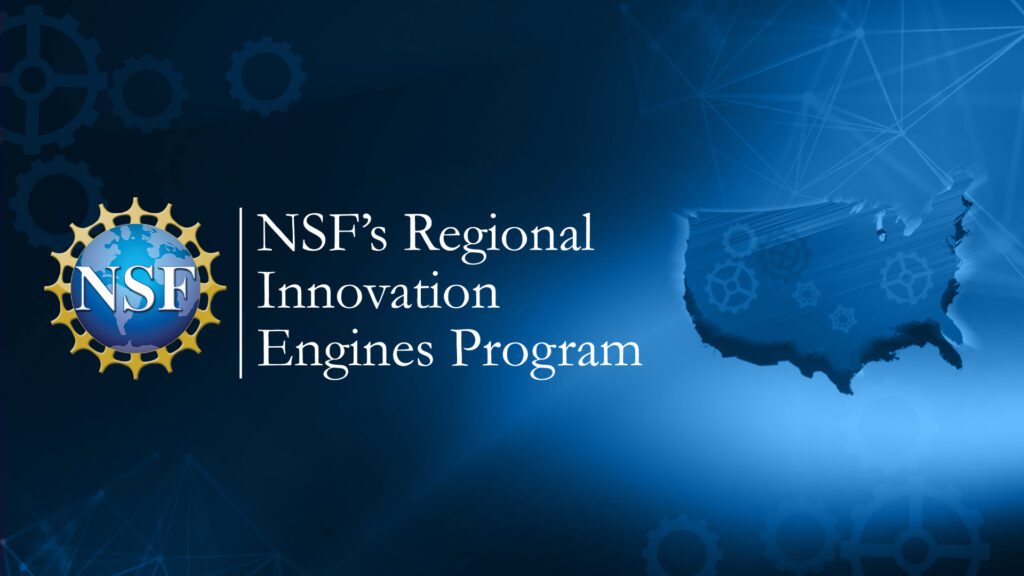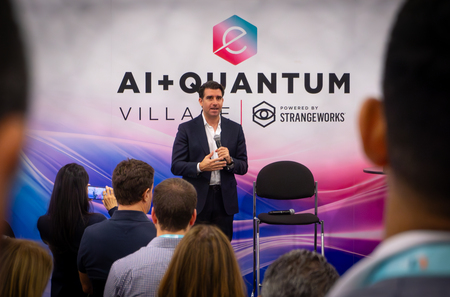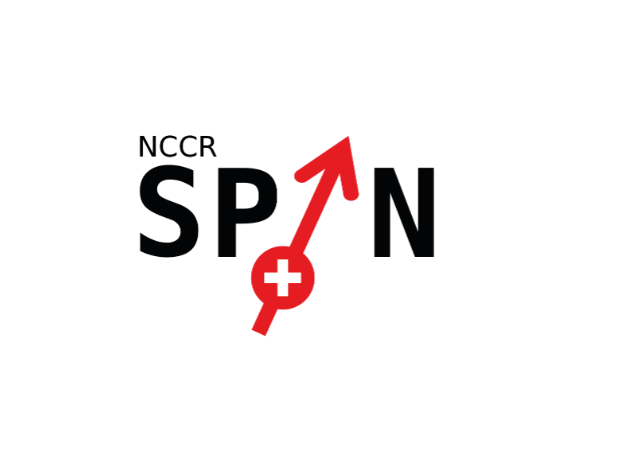
Once Upon a Time in Finland
Open-source software, operating systems and a focus on the global market. In a perfect world, that’s what it would all be about in a technological utopia. Linux, which started life as a Finnish computer science major from the University of Helsinki Linus Torvalds’ pet project against the might of the closed-source software of Microsoft, Oracle and SAP before morphing into something great, was a trailblazer in this respect.

But it’s not. Greed has created companies that see it as their right to control everything.
A totalitarian techno state on par with any Mexican or Colombian drug cartel.
In 2020, the fight continues: Apple’s IoS’s eternal duel with the little green R2D2 that is the Android operating system, for one.
As it stands, the era of classical computers and the software that follows from it is coming to an end.
Maybe not today. Or in five years. But it will.
For we’re standing at Robert Johnson’s crossroads, the Devil with us, begging us to sell our souls for the new software paradigm:
Quantum Computing (QC)
The story’s early in its creation. A few years have passed since the first real software started to be coded. There have been mistakes and mishaps, but we’re getting to the point where the people who matter are taking the technology seriously.
The full-stack company of QC is still monopolized by a handful of the big players: IBM, Google, Honeywell, Microsoft. Heavily VC-backed startups Rigetti Computing and D-Wave Systems, too, are leaving their imprint on this market to a certain degree, but with less financial clout than the corporations, their only hope is to become an acquired by one of the big boys, or worse still, going bankrupt.
The QC software game for a better word is ‘open range’: not a month goes by without TQD coming across another startup that has an algorithmic solution to the problems facing humanity, be them in the financial, energy or service industries.
Another one new to the ecosystem is Toronto-based Artiste-qb Net, a startup that is developing quantum software that focusses on R&D and business problems.
We get you Quantum Ready
— Artiste-qb Net
Artiste-qb Net
Founded by a team of five with backgrounds that vary from theoretical high-energy physics, machine learning (ML) and biomedical engineering, they promise ‘to create[s] and curate[s] an Open Source analytics platform that allows data scientists to augment Python into a full-blown Quantum Computing toolbox, which will enable development from the first tentative programming steps to a full-blown Quantum Ready Corporate Critical systems.’
With a commitment to ‘taking IT to the next level’, that being one that relies on quantum information science as the kernel of the startup’s operations, they have started at the right time.
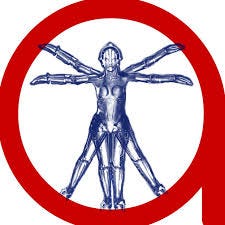
Artiste-qb Net’s showcase product is called Bayesforge, an open-source software package specifically designed for data scientists and computational mathematicians who require analytical tools that work side by side with the large QC frameworks from IBM, Google, Microsoft, and others.
Other products include:
— The Quantum Fog (QFog), ‘an app for modelling physical situations that exhibit quantum mechanical behavior’
— The Qubiter, ‘a project which aims to provide eventually a full suite of tools, written mostly in Python, for designing and simulating quantum circuits on classical computers’
There are several others, too, which the startup has in development on the GitHub platform. As for now, though, things are pretty low key with them on social media.
The team of CEO Henning Dekant, CINO Simon Bermudez, CSO Robert R. Tucci, CTO Toa Yin, and Scott Harlecher, the startup’s chief data officer have the intention of servicing a nascent industry before the ball starts rolling. This early bird philosophy, of preparing businesses to get ‘quantum ready’ with their unique software offerings, should stand the startup in good stead for future developments in the industry.








